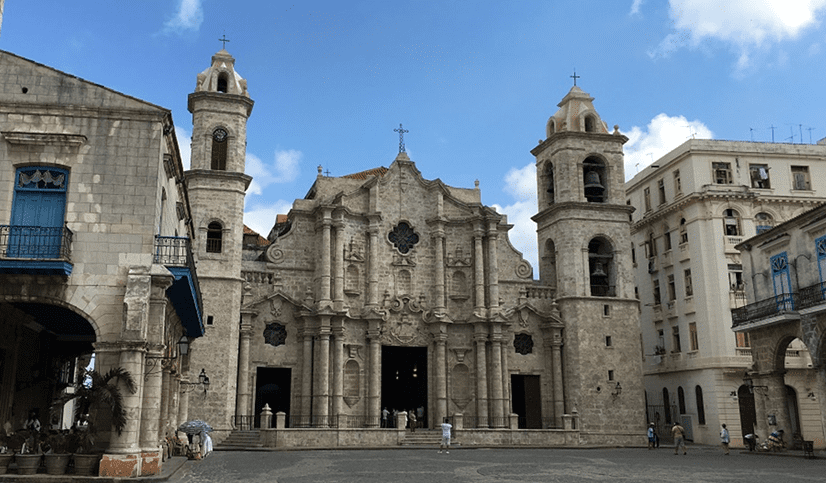
Cuba: Economy and Public Health System
Having the opportunity to travel to Cuba and observe their Public Health system was a humbling experience. In Havana, Cuba people live very simple lives. Cuba claims to have one of the best medical systems in the world. Che Guevara, the Cuban revolutionary, was a medical student and received his medical degree in Argentina. Many of the locals told stories that during Guevara’s campaign through Cuba he would set up medical clinics and he was the combat medic for his troops. That display of humanity gave Guevara the support he needed and why he is remembered and celebrated.

Public Health in Cuba
Although Cuba does have universal healthcare, there is a tradeoff, patients do not have choices for treatments. They must accept treatments prescribed by their medical providers. Cuba also has claims to have the lowest infant mortality rate. When observing their maternity facility and observing at how they care for their pregnant women and children, it is convincing they take pride in their women and children medical services. When a woman becomes pregnant there is a strict regimen they must follow. Mothers must see their doctors no less than six times during their pregnancy and the father must be present for paternal medical visits. Should the mother not be able to make it to the physician, the physician must go to the mother for checkup and care. Should the father miss an appointment, the father could be denied to be present during the birth of his child.

Cuban Economy and Currency
Other tradeoffs with their socialist economic system are that everyone is given food vouchers to which they take to purchase food. The amount of food received depends on the size of the family. A single person will receive less food that a family of three for example. Another trade off of having such a robust social service program is that everyone’s salary is far below poverty wages. One oncologist said her monthly wage is equivalent to the price of a can of beer in USD. Their inflation rate is so high there are two currencies in Cuba: Cuban CUP or Cuban Peso, and the CUC or Cuban Convertible. The CUC, which is the currency for foreigners, is pegged to the U.S. dollar at a 1:1 ratio but with a high 15% exchange rate if the conversion is in USD; less with other foreign exchange currencies. The CUP, which is used by the locals, is worth far less, around $0.04 back in 2016. According to Investopedia, as of 2021 the CUP and CUC merged and the Convertible Pesos are no longer accepted.
Medical School in Cuba
Their medical school is free and is open to foreign student. However, they have strict criteria students must meet in order to be accepted. They do a background check and verify income; they will not accept foreign students who could afford to pay for traditional medical school. Also, they have an age limit, applicants must be between 18-25 years old. Their medical school program is six years plus one year internship. A foreign student in medical school in Cuba must commit to living there for seven years.
Cuba was a humbling experience. People lived in apartments sleeping on mattresses on the floor, windows had no glass to provide adequate protection from the elements, and people would line up in some stores and pharmacies to get the essentials for themselves or family. I did not observe any homeless people and it was said they do not have a mental health issue in Cuba. Reasons for neither are not known to me. Regardless of their living conditions, they seem to have a good public health system. While here in the United States we have a different system of government and economy, there are some things we can learn from Cuba. The trick is finding the balance between full government intervention and patient’s choice for elective procedures. In Cuba, there are no elective procedures. Treatment is what the government believes is best regardless of the patient’s wishes.







